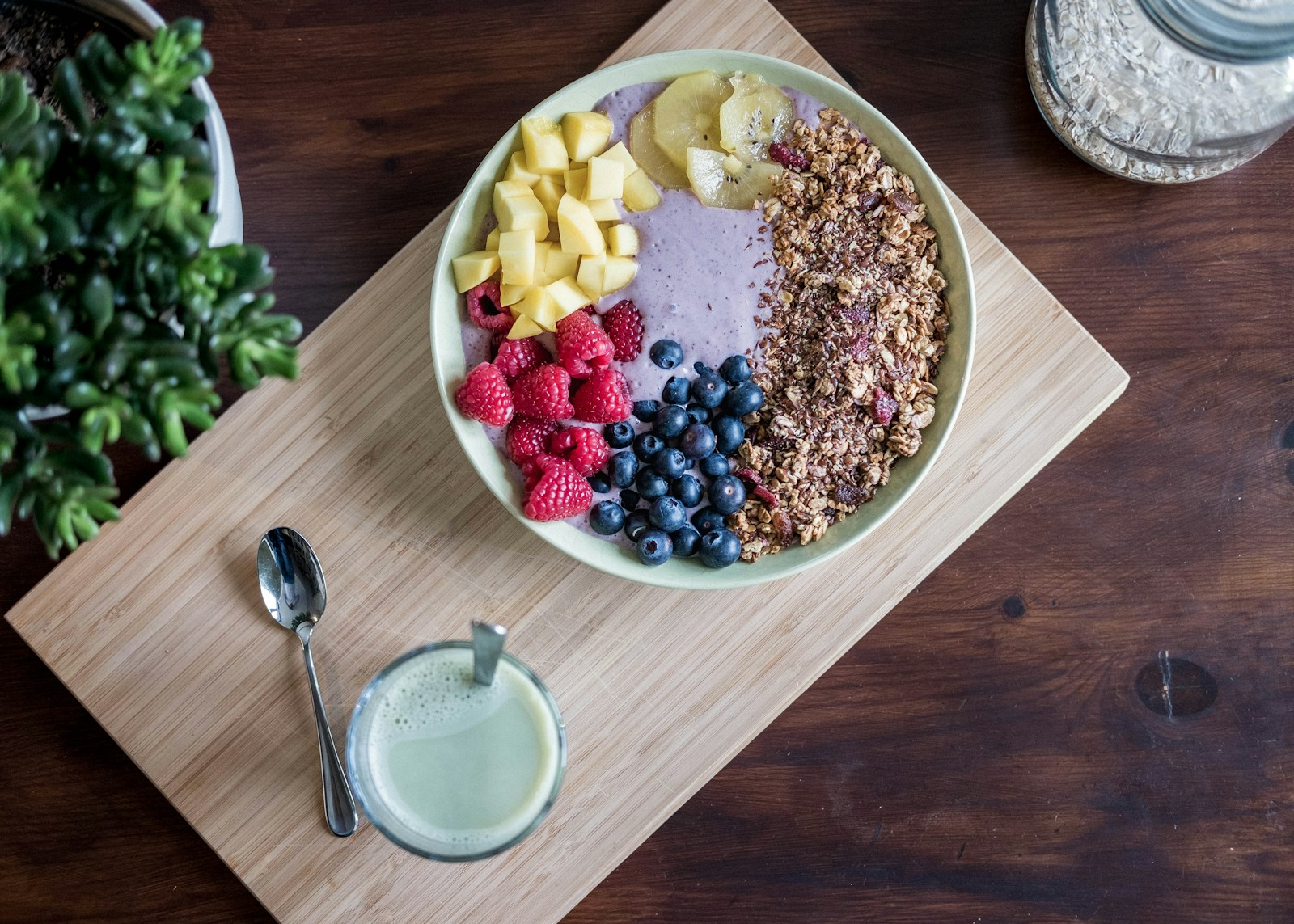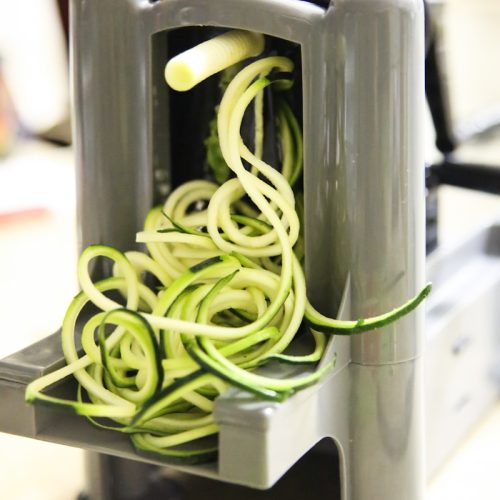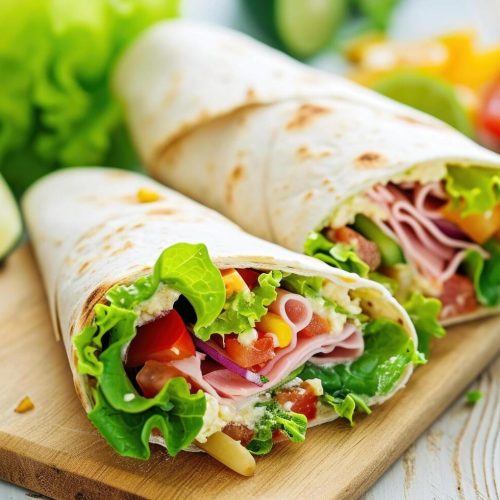When starting a fitness journey, exercise is only one part of the equation. Proper nutrition is equally important, as it fuels your workouts, aids in recovery, and supports overall health. For fitness beginners, understanding the basics of nutrition can be overwhelming, but with the right guidance, you can make informed choices that align with your fitness goals. This article will cover essential nutrition tips to help you get started on the right foot.
1. Focus on a Balanced Diet
A balanced diet provides the essential nutrients your body needs to function optimally and support your fitness efforts. The key is to include a variety of foods from all the major food groups.
Key Components of a Balanced Diet:
- Carbohydrates: Carbs are your body’s primary source of energy, especially during exercise. Include complex carbohydrates like whole grains, fruits, and vegetables in your diet to provide sustained energy.
- Protein: Protein is essential for muscle repair and growth. Incorporate lean protein sources such as chicken, turkey, fish, eggs, beans, and legumes into your meals.
- Fats: Healthy fats are important for hormone production, joint health, and energy. Opt for sources like avocados, nuts, seeds, and olive oil, and limit saturated and trans fats.
- Vitamins and Minerals: Ensure you’re getting enough vitamins and minerals by eating a variety of fruits and vegetables. These nutrients play crucial roles in energy production, immune function, and overall health.
- Hydration: Water is vital for every function in your body, including digestion, nutrient absorption, and temperature regulation. Aim to drink plenty of water throughout the day, especially before, during, and after workouts.
Benefits: A balanced diet ensures that your body receives all the necessary nutrients to support your fitness journey, improve performance, and enhance overall health.
2. Plan Your Meals Around Your Workouts
Timing your meals around your workouts can help maximize your performance and recovery. By fueling your body with the right nutrients at the right times, you can enhance your workouts and speed up recovery.
Pre-Workout Nutrition:
- Eat a Small Meal or Snack: Aim to eat a balanced meal or snack 1-2 hours before your workout. Focus on easily digestible carbohydrates and a small amount of protein to provide energy and prevent muscle breakdown.
- Examples: A banana with peanut butter, yogurt with granola, or a whole-grain toast with a slice of turkey.
Post-Workout Nutrition:
- Refuel Within 30-60 Minutes: After your workout, your body is primed to absorb nutrients and begin the recovery process. Eat a meal or snack that includes both protein and carbohydrates to replenish glycogen stores and repair muscle tissue.
- Examples: A protein shake with a banana, grilled chicken with quinoa and vegetables, or a smoothie made with fruit, yogurt, and protein powder.
Benefits: Proper pre- and post-workout nutrition helps you perform better during exercise, recover faster, and build muscle more effectively.
3. Control Portion Sizes
Portion control is important for managing your calorie intake and ensuring you’re eating the right amount to support your fitness goals, whether that’s losing weight, building muscle, or maintaining your current weight.
Tips for Controlling Portions:
- Use Smaller Plates: Eating from smaller plates can help you feel satisfied with smaller portions, reducing the likelihood of overeating.
- Listen to Your Hunger Cues: Pay attention to your body’s hunger and fullness signals. Eat when you’re hungry, and stop when you’re satisfied, not stuffed.
- Portion Out Snacks: Instead of eating directly from a bag or container, portion out snacks into a small bowl or container to avoid mindless eating.
- Balance Your Plate: Aim to fill half your plate with vegetables, a quarter with lean protein, and a quarter with whole grains. This ensures you’re getting a balanced meal with appropriate portion sizes.
Benefits: Controlling portion sizes helps you manage your calorie intake, supports weight management, and prevents overeating, all of which are important for achieving your fitness goals.
4. Prioritize Whole Foods Over Processed Foods
Whole foods are foods that are minimally processed and closer to their natural state. These foods are typically more nutrient-dense, meaning they provide more vitamins, minerals, and other beneficial nutrients per calorie than processed foods.
Examples of Whole Foods:
- Fruits and Vegetables: Fresh or frozen, fruits and vegetables are packed with essential nutrients and fiber.
- Whole Grains: Brown rice, quinoa, oats, and whole-grain bread and pasta are all excellent sources of complex carbohydrates and fiber.
- Lean Proteins: Chicken, turkey, fish, eggs, beans, and legumes provide high-quality protein without added fats or sugars.
- Nuts and Seeds: These provide healthy fats, protein, and fiber, making them a great snack or addition to meals.
Examples of Processed Foods to Limit:
- Sugary Snacks and Desserts: Cookies, cakes, and candies are high in added sugars and provide little nutritional value.
- Processed Meats: Bacon, sausages, and deli meats often contain high levels of sodium and unhealthy fats.
- Refined Grains: White bread, pastries, and many packaged snacks are made from refined grains that have been stripped of their nutrients and fiber.
- Sugary Drinks: Sodas, energy drinks, and many fruit juices are high in added sugars and calories.
Benefits: Prioritizing whole foods over processed foods helps ensure that you’re getting more nutrients and fewer empty calories, supporting your overall health and fitness goals.
5. Stay Hydrated
Hydration is a critical component of good nutrition, particularly for those engaging in regular physical activity. Water plays a key role in maintaining body temperature, lubricating joints, transporting nutrients, and removing waste.
Tips for Staying Hydrated:
- Drink Water Throughout the Day: Aim to drink at least 8 cups (64 ounces) of water daily, and more if you’re active or live in a hot climate.
- Hydrate Before and After Workouts: Drink water before your workout to ensure you’re starting hydrated, and continue to drink water after your workout to replenish fluids lost through sweat.
- Monitor Your Hydration: Check the color of your urine as a simple indicator of hydration. Pale yellow indicates good hydration, while dark yellow or amber suggests you need to drink more water.
- Carry a Water Bottle: Keep a reusable water bottle with you throughout the day to make it easy to stay hydrated.
Benefits: Proper hydration supports optimal physical and mental performance, aids in digestion, and helps maintain energy levels, making it essential for anyone on a fitness journey.
6. Make Sustainable Changes
When it comes to nutrition, it’s important to make changes that are sustainable in the long term. Extreme diets or drastic changes in eating habits can be difficult to maintain and may lead to burnout or unhealthy behaviors.
How to Make Sustainable Changes:
- Start Small: Focus on making one or two small changes at a time, such as adding more vegetables to your meals or drinking more water. Gradual changes are easier to maintain and can lead to lasting habits.
- Avoid Restrictive Diets: Instead of cutting out entire food groups or drastically reducing calories, aim for balance and moderation. Allow yourself to enjoy your favorite foods in moderation while focusing on overall healthy eating patterns.
- Plan and Prep: Planning your meals and prepping ingredients ahead of time can help you stay on track with your nutrition goals and avoid the temptation of unhealthy convenience foods.
- Be Patient: Remember that lasting change takes time. Focus on progress, not perfection, and give yourself grace as you work toward your goals.
Benefits: Making sustainable changes ensures that your nutrition habits are maintainable in the long term, leading to lasting health and fitness benefits.
Conclusion
Nutrition is a fundamental part of any fitness journey, and understanding the basics is crucial for beginners. By focusing on a balanced diet, timing your meals around workouts, controlling portion sizes, prioritizing whole foods, staying hydrated, and making sustainable changes, you can support your fitness goals and improve your overall health. Remember, nutrition is not about perfection but about making consistent, informed choices that align with your goals and lifestyle. With these tips in mind, you’ll be well on your way to a healthier, fitter you.
Tags: beginner nutrition, fitness and nutrition, balanced diet, pre-workout nutrition, post-workout nutrition, portion control, whole foods, staying hydrated, sustainable eating habits, nutrition basics





